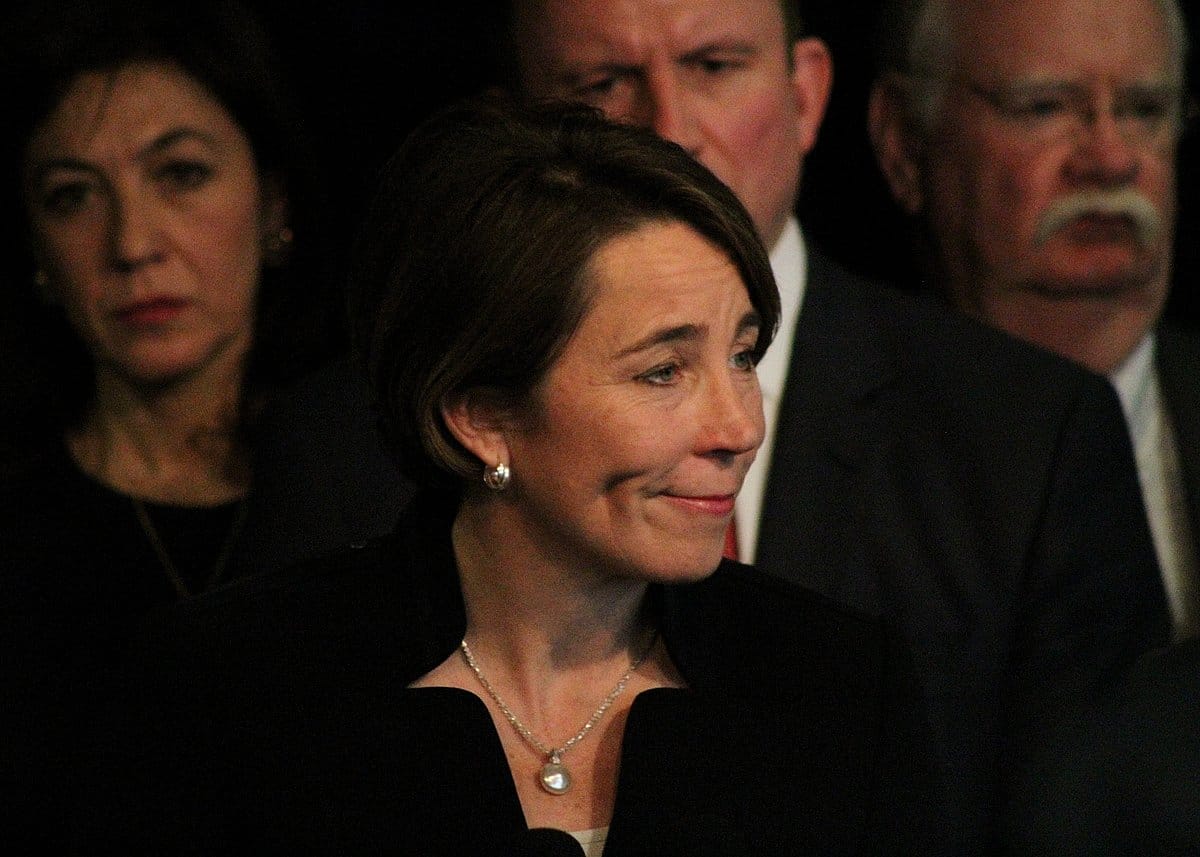Healey To Sue Trump — Again — Over Census Citizenship Question

BOSTON — Massachusetts Attorney General Maura Healey said Tuesday she plans to sue President Donald Trump's administration over plans to reintroduce a citizenship question to the 2020 federal census.
"The Census is supposed to count everyone," Healey said in a Twitter post Tuesday morning. "This is a blatant and illegal attempt by the Trump administration to undermine that goal.

